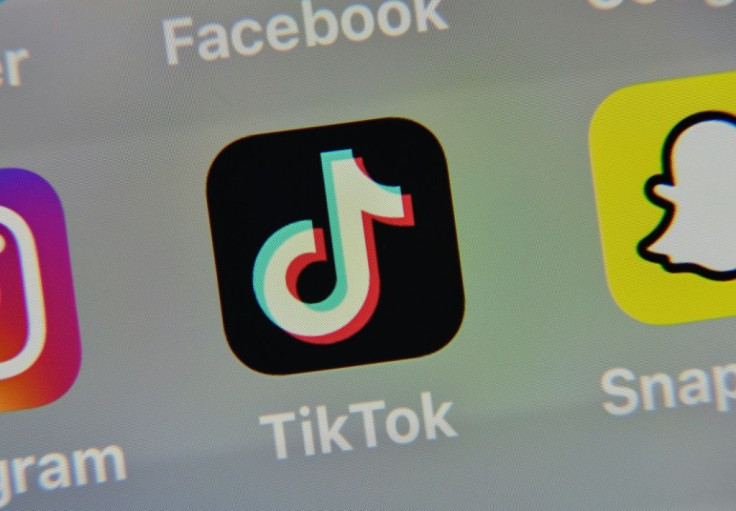TikTok Sale Talks Stalled Over Who Gets Control Of The App's Algorithm
The clock is ticking as the search for TikTok’s U.S. buyer as the deal’s Sept. 15 deadline gets closer and closer. It seemed like a deal might have gained serious momentum when Walmart and Microsoft teamed up to pursue the massively popular video app, but a new wrinkle in the potential transfer of assets has left negotiations at an uncertain stalemate.
On Friday, the Chinese government added algorithms that display personalized content to its list of “export-controlled” items, meaning that they need government approval before being sold off to a foreign company.
That put a big question mark over TikTok’s "For You" feature, a personalization algorithm that can curate new content for users for hours on end and arguably the most valuable part of TikTok as a product.
While it has not been confirmed, it is understood by many that the Chinese government is now liable to block the inclusion of the For You page in any potential deal, effectively giving whatever U.S. company acquires TikTok a shell of a service. The new wrinkle will likely result in a significant delay in the sale with less than two weeks left. At that point, without a U.S. buyer, TikTok will be banned in the U.S., per an executive order from President Donald Trump.
According to some reports, one of the solutions being considered by the various suitors for TikTok is a sort of transitional period of three years, at which point the eventual buyer will reconvene with the Chinese government on the matter. Another idea on the table is for the algorithm to be licensed from TikTok’s Chinese owner, ByteDance, instead of buying it, but this path would leave the national security issues at the heart of the matter unresolved.

© Copyright IBTimes 2025. All rights reserved.





















